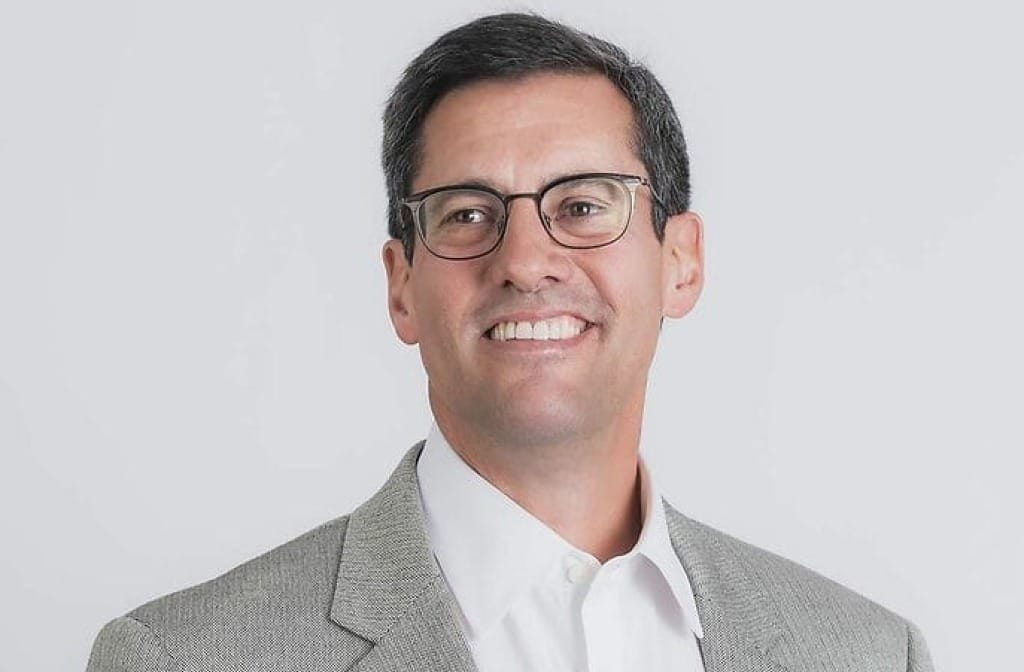EchoStar’s 5G Buildout Extension Challenged at FCC
VTel Wireless concerned about the process used to grant the three-year extension.
Jericho Casper

WASHINGTON, Oct. 22, 2024 – A small Vermont wireless provider is fighting to prevent a telecom giant from tightening its hold on dozens of megahertz of critical 5G spectrum.
VTel Wireless, in a petition filed with the Federal Communications Commission on Monday, argued that granting EchoStar more time to deploy spectrum partially obtained in the T-Mobile/Sprint merger would further delay the rollout of crucial 5G infrastructure.
EchoStar, the parent company of satellite TV provider Dish, was granted an extension by the FCC in September. Originally set for mid-2025, the deadline was extended to June 14, 2028, in exchange for a series of public interest commitments, giving EchoStar an additional three years to complete its 5G rollout.
In its petition, VTel challenged the FCC’s process, arguing that the Wireless Telecommunications Bureau lacked the legal authority to grant EchoStar's extension without proper public input. VTel contended that only the full FCC had the authority to modify the construction deadlines set in the T-Mobile/Sprint Merger Order, and that the WTB overstepped its bounds by approving the extension.
VTel implied that re-auctioning the spectrum would ensure that it was put to productive use, especially by smaller competitors, like itself, that are ready and willing to expand services in underserved areas, but currently without access to the spectrum they need to do so.
“The purpose of the FCC’s buildout requirements is to promote the productive use of spectrum, encourage licensees to provide service to customers in a timely manner, and promote the provision of innovative services in unserved, particularly rural areas,” the filing, signed by Bennett Ross of Wiley Rein LLP, counsel for VTel Wireless, stated.
The decision to grant EchoStar a three-year extension was controversial within the FCC. Republican FCC Commissioner Brendan Carr publicly criticized the move, calling it “the worst abuse of agency process [he has] seen in [his] twelve years of working at the FCC,” according to an interview he gave the New York Post. “I have never heard of the FCC granting relief like this with no process, no public input, and no heads up.”











Member discussion